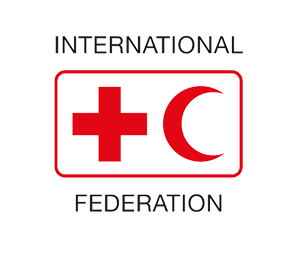
Friday: Closed
Cardiac Catheterization
Cardiac catheterization is a test to check your heart. This test uses a thin flexible tube called a catheter that is inserted into the heart through blood vessels. This test can include a coronary angiogram, which checks the coronary arteries .
A cardiac catheterization can check blood flow in the coronary arteries, check blood flow and blood pressure in the chambers of the heart , find out how well the heart valves work, and check for defects in the way the wall of the heart moves. In children, this test is used to check for heart problems that have been present since birth (congenital heart defect).
A coronary angiogram is used to find out if you have disease in your coronary arteries (atherosclerosis). If you have atherosclerosis, this test can pinpoint the size and location of fat and calcium deposits (plaque) that are narrowing your coronary arteries.
Results from a coronary angiogram help determine whether treatment with medicines, bypass surgery, or percutaneous coronary intervention (PCI), such as angioplasty, may be helpful.
Percutaneous coronary intervention (PCI) is similar to coronary angiogram, but it is used to open up a narrowed coronary artery with special tools. PCI includes:
- Angioplasty with or without coronary stents
- Atherectomy
PCI doesn't need anesthesia or opening of the chest

